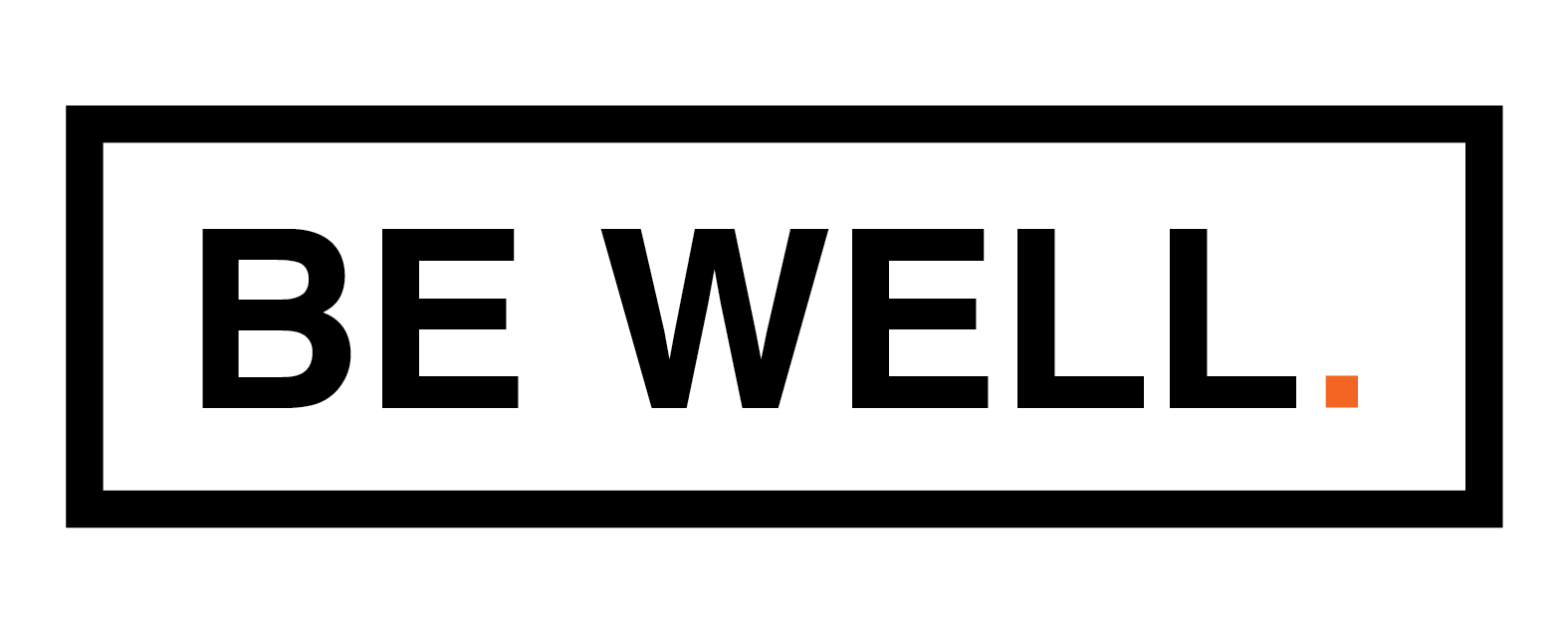Struggle with Studying? This VARK Quiz Will Help.

Have you ever read over your notes every night for a week before an exam and still struggled?
It’s awful, and it can be crushing if it happens frequently. What’s the point of even taking notes if reading them doesn’t help?
Your notes may not be the problem, though. You may just have a different learning style. Ever heard of VARK? It’s an acronym that describes the different learning styles. It stands for visual, auditory, reading & writing, and kinesthetic.
Which style fits you best? If you already know, check out our helpful tips to improve your study habits below. If you don’t, you can take the quiz here and then come back to see how you can improve your study skills!
Visual Learners
Generally prefer to learn through imagery, mind maps, graphic organizers, etc.
Best ways to study:
- Create charts, PowerPoints, mind maps, graphs, diagrams, and timelines for applicable information.
- Attempt to create your visual aids from memory.
- Embolden or underline important terms.
- Substitute key words in your notes and study guides with symbols.
- Highlight all information that relates to a concept in the same color.
- Use flashcards? Write the information in quick bullets, so it is easier to recall during exams.
- Sit toward the front of classes to clearly see visual aids and the expressions and body language of your professors.
- Study somewhere without visual distractions.
Auditory Learners
Typically prefer to learn through listening and/or speaking in either a lecture format or a group discussion.
Best ways to study:
- Record lectures (if your professor allows it!).
- Sound out new terms syllable-by-syllable.
- Meet with classmates outside of class to discuss the material.
- Practice explaining concepts to your classmates.
- Try to find audiobooks or Youtube videos about concepts you are learning in class.
- Proofread your writing out loud.
- Read your notes or explain why you are doing certain steps in a problem out loud to yourself.
- Put information into little songs or jingles to make it easier to recall.
- Study somewhere without auditory distractions.
Read and Write Learners
Generally prefer to learn through written word, either reading it or writing it themselves
Best ways to study:
- Write down as much as you can during lectures.
- Read, rewrite and reread your notes as many times as you can.
- Rewrite important concepts in your own words to deepen your understanding.
- Write step-by-step instructions for math problems or procedures.
- Review any handouts provided by your professor.
- Write notes in the margins of any textbooks that you own, or write them on sticky notes if you are renting.
- Create lists of critical terms/information.
- Convert visual aids into written statements.
Kinesthetic Learners
Typically prefer to learn through experience, either virtual or literal, as well as through movement and touch.
Best ways to study:
- Move around while studying by occasionally walking back and forth with your notes. Consider studying while on a treadmill, while squeezing a stress ball, or even while tapping a pencil.
- Guide your eye with your finger while you read.
- Repeat experiments performed in lab.
- Apply real life examples or applications to ideas and concepts in your notes.
- Create models of applicable concepts.
- Type your written notes from class.
- Study for short blocks of time with frequent breaks to move around.
- Watch videos explaining important concepts.
While some people have a mix of different learning styles, most have a dominant style. Improve your study habits and GPA by understanding and adapting to yours. Can you think of some other helpful tips for your learning type? Let us know and comment below!
Be well, Auburn.
Photography: Jack P.
Michelle is a super duper senior — year six, baby — majoring in graphic design, with a love of all things creative. You’ll most likely find her drawing, singing, writing, reading, planning a trip to Disney, or watching Netflix (like, a lot of Netflix).
Originally entering Auburn as a nutrition major, Michelle still is passionate about health and wellness. She enjoys writing articles for Be Well about healthy recipes, crafts, Disney, COFFEE, some maybe not-so-healthy recipes, and more.





